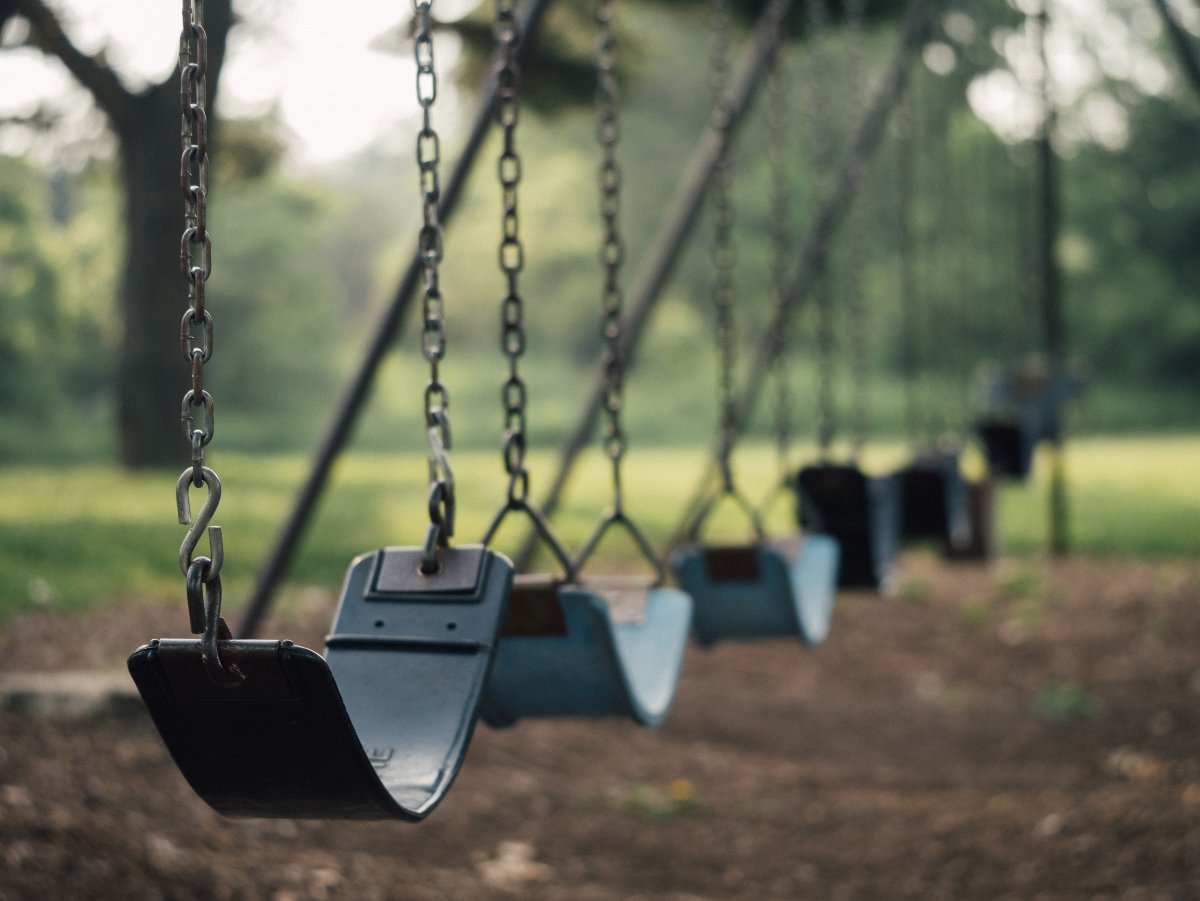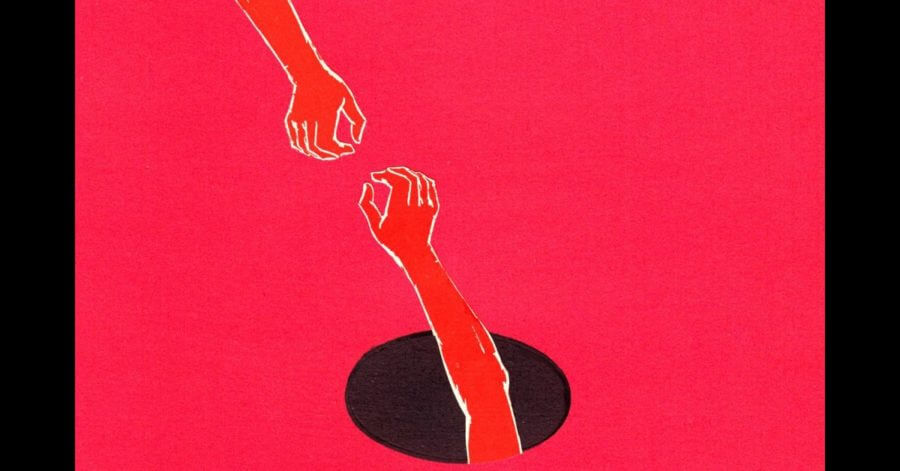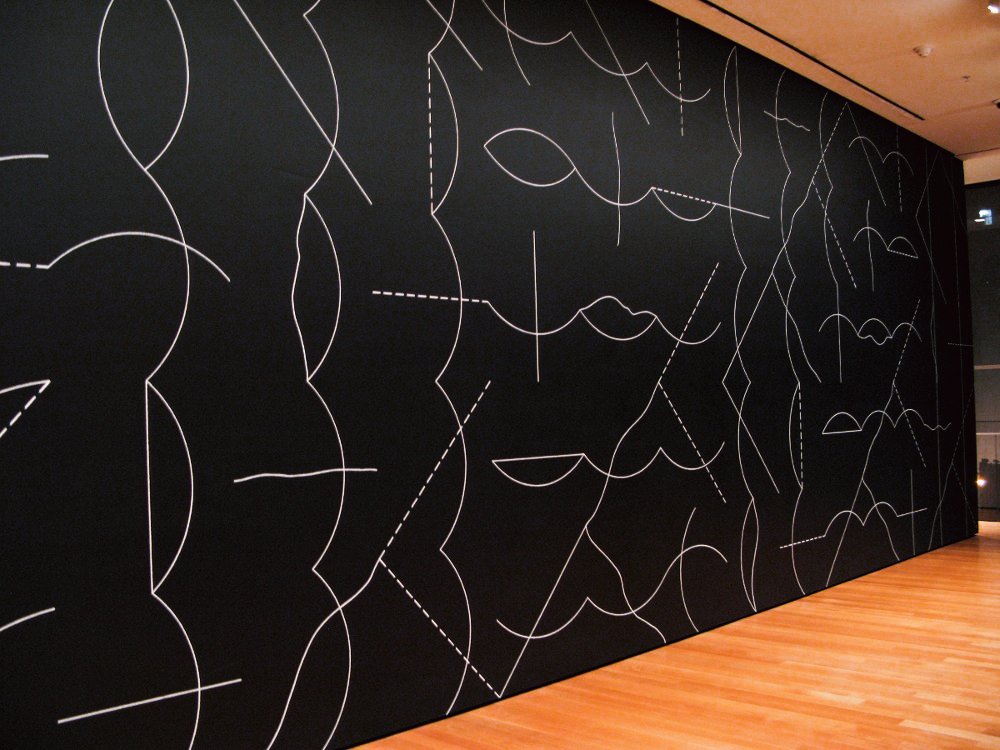We are hearing a lot of sordid stories these days about professional athletes abusing their spouses and children. As horrific and wrong as these cases are, they make us think that abuse is mostly physical and is contained within a small sub-section of the population. To me, abuse is more than physical, and it is practically universal. Let me explain.

Abuse can be physical, emotional, intellectual, or spiritual. It can occur in blatant and obvious ways, or it can be much more subtle and less easily detected. Abuse can be a sin of commission or a sin of omission.
The media focuses almost entirely on the commission of physical acts of violence, e.g. punching your girlfriend in the elevator and dragging her out in the hall or whipping your kid with a branch and inflicting wounds on the legs, arms and back. But physical abuse can also be less obvious. What about the abuse children feel when they are never hugged, kissed, or held tightly? Or, even on a more subtle basis, when no one attends to them by leaning in, getting on their level, looking them in the eye, and putting away all other distractions? I would say it’s abusive not to attend to and hold a child enough that they feel loved, not just tolerated.
I rarely get though a day without seeing signs of emotional abuse. Again, the sins of commission are more obvious. A mother yells at her child. A spouse gives a condescending glance at his or her partner. A boss wallows in negative emotion or creates a hostile or toxic work environment. Children are told that big girls don’t cry or big boys shouldn’t be scared. But what about the sins of omission? For example, kids who grow up not believing that their feelings and values are understood because no one took the time to listen or respond to what they were saying. Or a child feels abandoned and neglected because they are left largely on their own—even if that means watching TV, playing video games, or surfing the internet. Not growing up in a supportive, nurturing, and loving environment seems like abuse to me.
We can also be abused intellectually. When kids are told they are stupid, doesn’t this constitute abuse? When a boss dismisses an idea or puts down a suggestion, that seems like abuse to me. If employees are never asked what they think, that omission also seems abusive. What about parents who never have the time to read to their kids or demonstrate interest in their passions, aspirations, dreams, activities, or hobbies—doesn’t that fall in the category of abuse? I’m not suggesting that abuse is always intentional. I get it that parents working two jobs trying to make ends meet simply run out of gas at the end of the day – or even start out with an empty tank given the cumulative stress they carry with them from the previous day, week, month, year, decade or century. I guess on a larger scale, our whole economic system could be seen as abusive—a system totally geared to the elites such that 3% of the population can claim 100% of wealth accumulation over the past 20 years. But that’s another topic. (Please see the post on inequality if you want some more detail)
Finally, it seems to be that one of the most abusive practices across the world, affecting billions of people, is the imposition of religious ideology on children, or adults for that matter. Whether it’s the Catholics imposing chastity on its priests, or the Muslim extremists training children to kill “apostates,” or Orthodox Jews not letting women pray at the entire Wailing Wall, these abuses cause spiritual malaise. In my mind, sexual oppression, dogmatic ideology, and fanatical jihad are all forms of spiritual abuse. Clearly, they are not promoting peace and compassion in the world. If you believe that evil is limiting good, then insisting on literal translations of spiritual texts or denying exposure to multiple possibilities that may not be consistent with your creed or cultural bias seems abusive to me.
My point of this riff is that we should probably resist the temptation to feel righteous just because we haven’t punched anybody in the face recently. Abuse is rampant, can come in many forms, and can manifest as a commission or omission. I would venture to guess that we all have not only experienced abuse at one level or another in our lives, and probably could be accused of being abusive to another – whether it’s to a spouse, a child, a neighbor, or someone from another religion or culture.
I can certainly claim to being abused (although I feel lucky and grateful that I have suffered so little), and I can own being abusive due to my ego, arrogance, or just simple meanness. We need to turn toward these abuses, tune into the feelings we carry, read the hurt that people feel, care about others and ourselves, and grow into kinder, gentler persons. Perhaps then, we will be better able to reach out to and join with others to create more peaceful moments if not a more peaceful world. And maybe we will find the courage to share with others our own experiences of abuse and speak out when we see abuse in any form – physically, emotionally, intellectually, or spiritually. Hopefully, we will then be able to experience the glow of peace instead of the horror of violence.
Note: Inspiration for the last paragraph comes from Artie Egendorf, www.energysway.com
Also published on Medium.




[…] story-teller who nakedly reveals her inner strengths and outer struggles with sex, drugs, and alcohol abuse. It’s a powerful book on how letting go of demons and letting in real love and beauty can […]